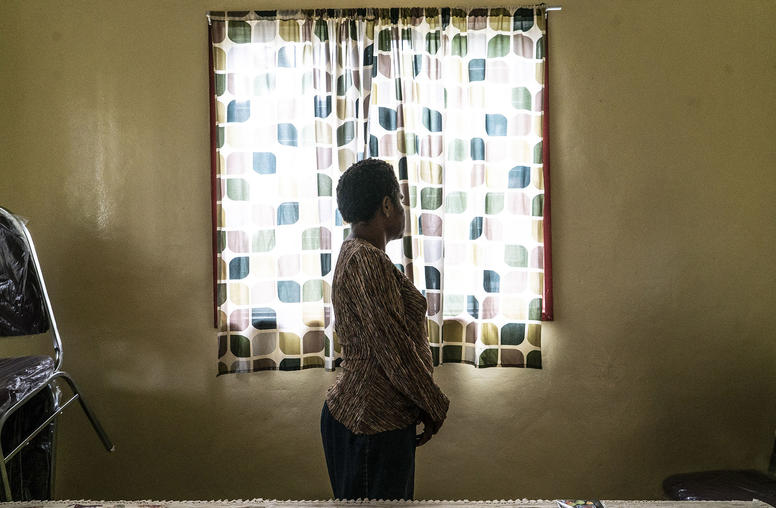Gender Inclusive Peacebuilding
Too often, analysis of gender in a conflict setting is an afterthought. When undertaken at all, it tends to be handled with a one-size-fits-all approach and oversimplified. This introductory course addresses why it is important to integrate gender analysis into peacebuilding from the beginning of project design and throughout the project lifecycle.
At the heart of this course is the Gender Inclusive Framework and Theory (GIFT), a conceptual guide that facilitates the integration of gender analysis into project design. Each of the three components of the GIFT offer distinctive insights into gender dynamics in a conflict. Together, they open the way for a more comprehensive and transformational approach to gender-inclusive programming. While this course is tailored to peacebuilding, many of the concepts are highly relevant for the broader development field and other projects in fragile environments.
Course Objectives
By the end of this course, you will be able to:
- Define gender from a sociocultural perspective;
- Explain the importance of gender to conflict analysis and peacebuilding;
- Discuss the benefits of integrating gender analysis into project design upstream and discuss the risks of excluding gender analysis;
- Describe the three components of the GIFT and identify what each of the components brings to gender analysis; and
- Develop questions for conflict analysis informed by the three components of the GIFT.
Agenda
Module 1: Introduction to Gender in Peacebuilding
This module introduces the concept of gender from a sociocultural perspective and its relevance to peacebuilding. It looks at how violent conflict can change gender roles and norms, and why it is important to expand our analysis of conflict and security to include gender. (1.5 Hours)
Module 2: Gender Inclusive Framework and Theory (GIFT)
This module introduces the Gender Inclusive Framework and Theory (GIFT) and its three analytic components: Women, Peace and Security; Peaceful Masculinities; and Intersecting Identities. It reviews how these three components can inform gender analysis and project design. Examples of questions prompted by each of the components and examples from conflict settings are used to illustrate the utility of the GIFT. (3 Hours)
Module 3: Application and Conclusion
This module uses a scenario exercise to practice the initial steps in applying the GIFT. Course participants practice identifying questions prompted by the three GIFT components to conduct a gender analysis of a specific scenario and objective. The course ends with the opportunity to reflect on what has been learned.
Instructors
- Kathleen Kuehnast, Director of Gender Policy and Strategy, U.S. Institute of Peace and lead author of the Gender Inclusive Framework and Theory
- Rebecca Ebenezer-Abiola, Senior Program Officer, U.S. Institute of Peace
- Andres Garcia-Martinez, Program Manager, U.S. Institute of Peace
- Danielle Robertson, Program Officer, U.S. Institute of Peace and co-author of the Gender Inclusive Framework and Theory.
- Negar Abay, Program Officer, U.S. Institute of Peace
- Illana Lancaster, Senior Program Officer, U.S. Institute of Peace
Practitioner Voices
- Noha Alkamcha, Senior Program Manager, Vital Voices Global Partnership
- Muthaka Ilot Alphonse, International Programme Manager at RFSU – Riksförbundet för sexuell upplysning
- Khin Lay, Women’s Rights Activist & Founding Director of Triangle Women Organization



